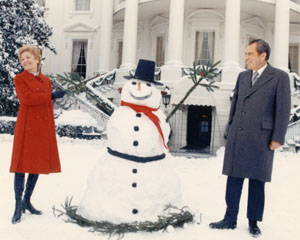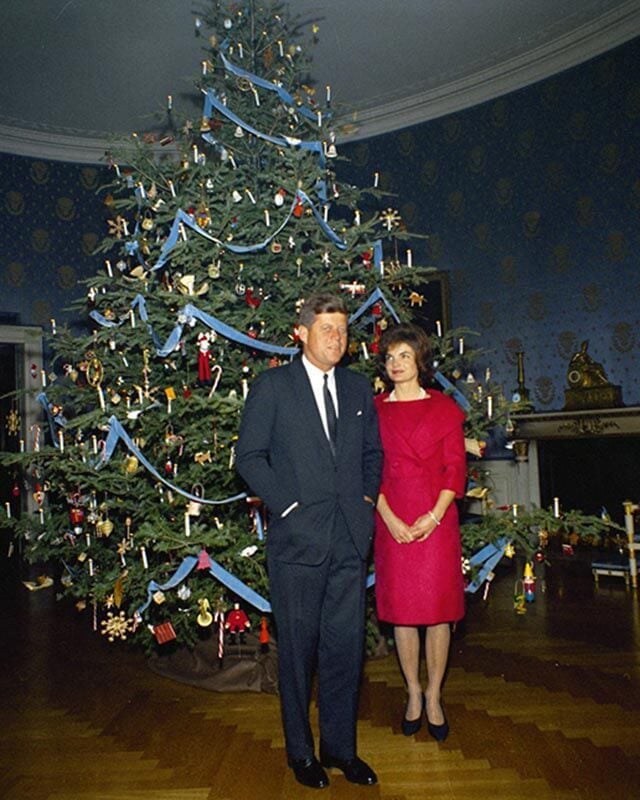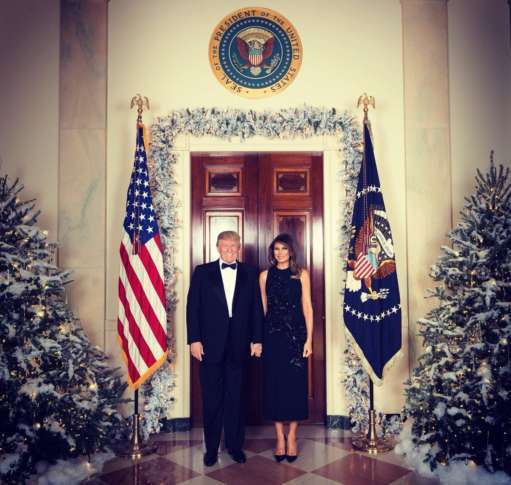| It's That Time of Year! |




Government: Interaction between the instructor and the students will involve a look at American government. We will analyze the Constitution, the Bill of Rights, the current state of the legislative, executive and judiciary branches of government. The relationship between the federal, state and local governments will be studied. This is the culminating class in civic literacy to prepare one to vote and exercise the responsibilities of being a citizen.
| It's That Time of Year! |





Checks and Balances in Action
Image courtesy of ClipArt, Branches of GovernmentsClick on the link: 👉 DocsTeach Checks and Balances 👈
Answer the questions: Post your answers, respond to another student
Chapter 5 Political Parties Vocabulary Review and Current Events
Directions: Read the Following Article and view the video below, answer the questions below, complete the vocabulary exercise on Quizlet. and post your responses. Complete 4 activities on quizlet. What was your score?
The Great Debate
Over the Ratification Of the Constitution
Research the mindset of the Founding Fathers as you read, The Great Debate.
Who do you agree with, the Federalists or the Anti-Federalists?
Respond in a paragraph of minimum of five sentences in response to the question. Explain your reasoning. Use evidence from the reading selection regarding the ratification of the Constitution.
See any other responses on the discussion blog? If so, respond to your classmate and state if you agree or disagree. Explain your reasoning. and use evidence.

 |
| Welcome to Parkview's Discussion Board Blog! The place to interact with the instructor and classmates to discuss important events in our nation's history. To begin our blog it is important to know the expectations and rules. |
